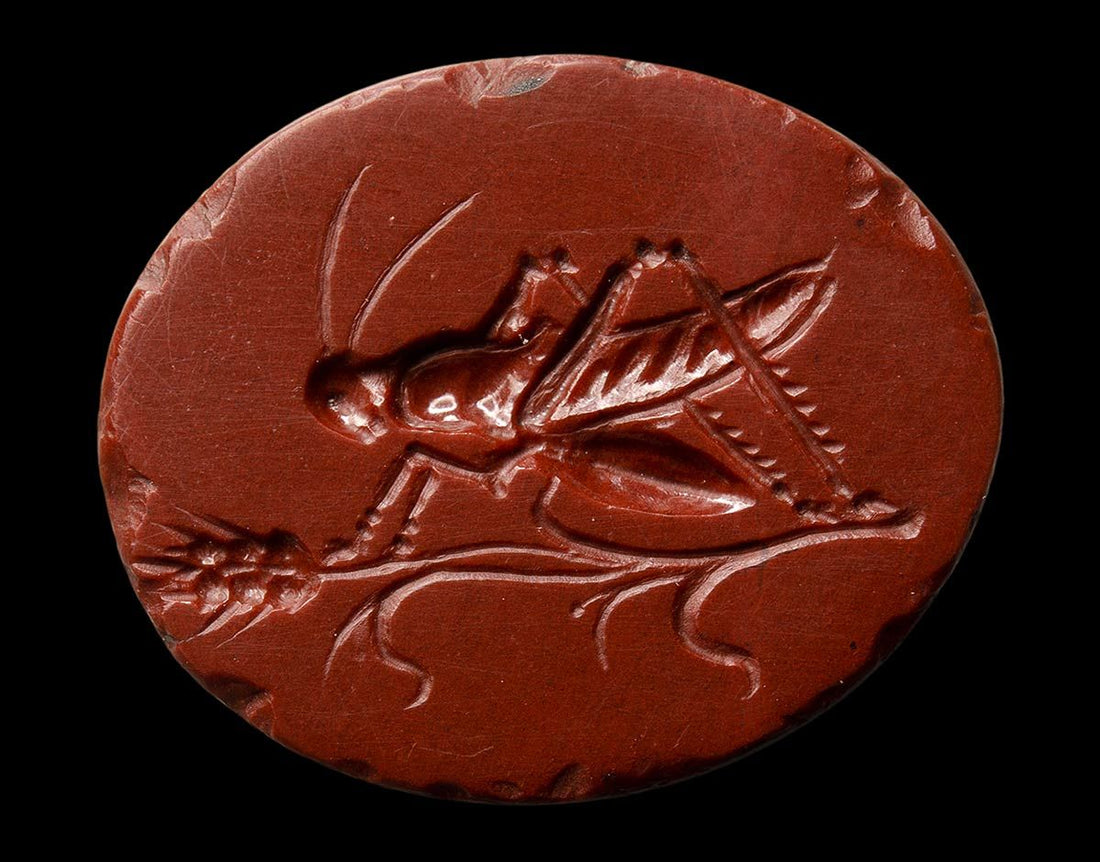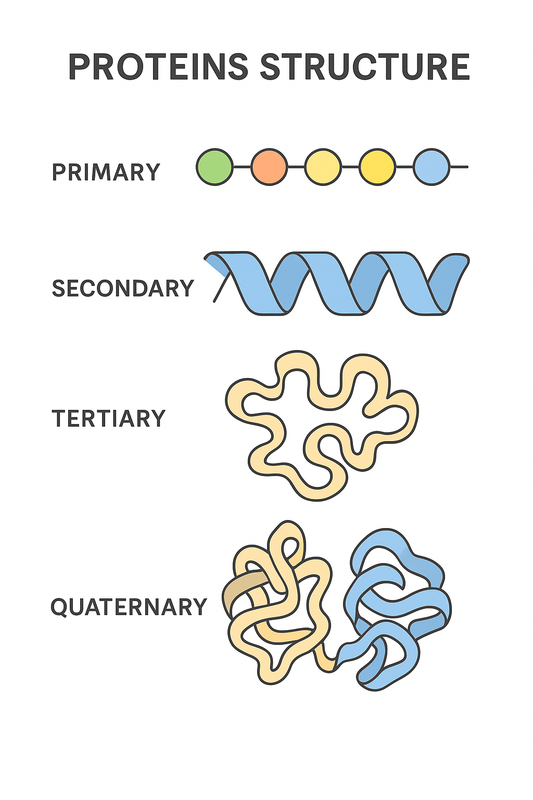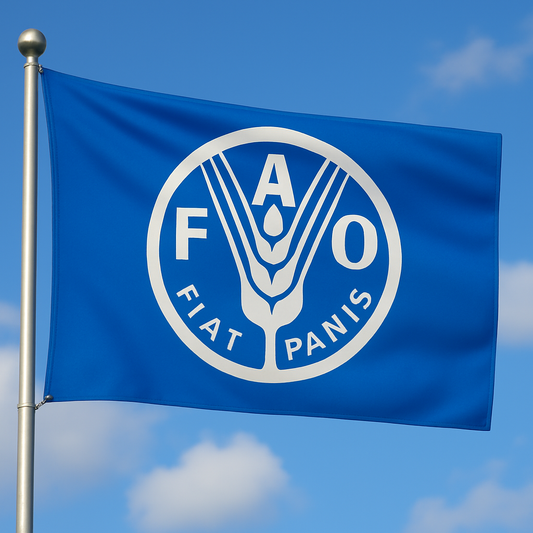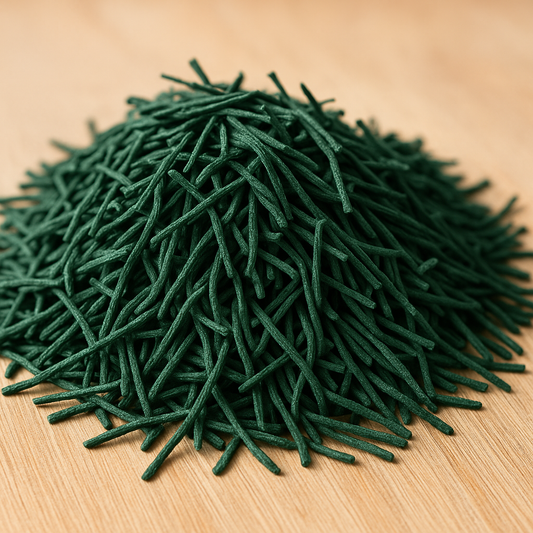
Why we stopped eating insects in Europe (and why we should start doing it again)
Share
Eating Insects: De Gustibus Est Disputandum
Europe and the West have traditionally viewed entomophagy as an extravagance or even a taboo. It's intriguing to note that the Old Continent is unique in its ban on insect consumption. In contrast, Asia, Oceania, Africa, and the Americas embrace insects as a delicious protein supplement. According to National Geographic, insects are consumed in around a hundred countries, with at least 3,000 ethnic groups integrating them into their diets.
The West's reluctance to adopt this extraordinary food resource seems extravagant compared to the billions who already consume it. Surprisingly, our ancestors, including the ancient Greeks and Romans, appreciated insects as part of their diets. What led to the recent aversion to incorporating insects into our culinary habits?
Many possible explanations, nothing for sure
Understanding eating habits is challenging due to a lack of objective data. Historical factors, cultural shifts, and technological advancements all play a role in shaping our food preferences. The ancient world was more open to culinary experimentation than the medieval and modern eras. The Dark Ages marked a cultural shift, with epidemics and social changes contributing to a forgetfulness of this extraordinary food resource. Additionally, insects were associated with crop infestations, leading to their demonization.
The clash of civilizations during geographical discoveries reinforced the perception of entomophagy as primitive, associated with nomadic tribes. Over time, the Western world distanced itself from this practice.
Eating insects because we already eat Amphibians, Gastropods, and Crustaceans
European gastronomy has long included snails crustacean and frogs, forming part of popular dishes in countries like France, Spain and Italy. The similarity between crustaceans and insects is noteworthy, given their common ancestry and biological composition. Crustaceans, considered "sea insects," share a resemblance with their terrestrial counterparts. This perspective challenges the historical aversion to entomophagy, as our diets already include more extravagant dishes than insects.

Eating insects for the health of the environment
Considering the projected global population growth, sustaining current meat consumption levels becomes unsustainable. Intensive farming occupies 70% of the world's farmland, contributing to 6% of annual CO2 emissions. In comparison, breeding crickets has a significantly lower environmental impact than raising cattle. Embracing insects as a food source aligns with environmental sustainability.
Eating insects because they are versatile
From powder to raw consumption, desserts to frying, and snacks to main courses, insects offer versatile culinary options. Integrating this food resource into our diets is straightforward. Starting with processed products like pasta with insect flour can help overcome skepticism, gradually transitioning to more integral consumption.
Eating insects because they are an excellent source of proteins
Consuming proteins without accompanying fats or carbohydrates is challenging. Insects, however, provide an excellent source of low fat proteins, containing double the protein content of meat according to a study published in the European Journal of Clinical Nutrition. Overcoming skepticism and reintroducing insects into our diets becomes a compelling choice.
Inhabitants of the Old World, it's time to overcome skepticism. Insects, present for millions of years, may hold the key to a sustainable and nutritious future that has been part of our past for hundreds of thousands of years!




